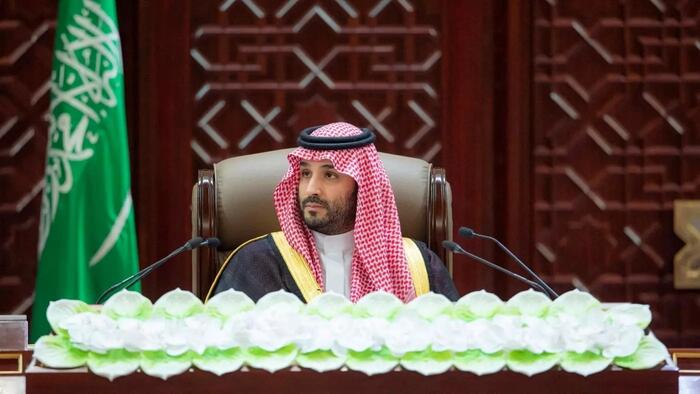In 2024, Saudi Arabia has recorded a staggering 213 executions, surpassing its previous highest figure of 196 executions in a single year, achieved in 2022. This alarming rise in capital punishment comes amidst the kingdom’s bid for a seat on the United Nations Human Rights Council (HRC) for the 2025-2027 term. Human rights organizations, particularly Reprieve, have voiced concerns regarding the spike in executions, emphasizing that as global attention is diverted to various crises across the Middle East, Saudi Arabia has intensified its death row activities. The organization’s deputy director, Harriet McCulloch, remarked on the grim pace of executions, stating that families of death row inmates face greater uncertainty regarding their fates as the count continues to rise.
Crown Prince Mohammed bin Salman, who serves as both the Prime Minister and de facto leader of Saudi Arabia, initially pledged to reform the kingdom’s approach to capital punishment in a 2018 interview. However, the reality has starkly contradicted that promise, with at least 1,115 executions carried out under his administration from June 2017 to October 2024. A joint report by the European Saudi Organisation for Human Rights and Reprieve highlighted a drastic increase in the execution rate since the ascension of King Salman and his son in 2015. From 2015 to 2022, the rate of executions almost doubled, exemplifying an alarming trend in the kingdom’s human rights record.
As the HRC prepares for elections to fill its member slots for the upcoming term, questions surrounding Saudi Arabia’s candidacy arise due to its patently poor human rights record. According to McCulloch, member states should reject Saudi Arabia’s bid for Council membership to signal disapproval of the government’s execution practices. The HRC exists to promote and protect human rights globally, yet human rights advocates argue that Riyadh’s nomination sharply contradicts these principles. Furthermore, the UN’s own criteria for membership demand upholding the highest standards in human rights, a condition that Saudi Arabia evidently fails to meet.
The current structure of the HRC election system has come under scrutiny, as it allows for nations with dubious human rights records to secure membership. Two-thirds of the council members are non-democracies, leading organizations like UN Watch to call for reforms to enhance the integrity of the election process. Saudi Arabia has also faced allegations of misrepresenting its use of the death penalty to the UN, asserting that capital punishment is reserved for the most serious offenses and that minors are excluded from such penalties. Nonetheless, historical evidence challenges these claims, revealing the kingdom’s consistent practice of executing individuals who committed offenses as minors.
This year, protests against the increasing number of executions in Saudi Arabia have taken on global dimensions, with reports highlighting the execution of individuals, including minors and non-lethal offenders. Despite the rising unrest, Saudi Arabia remains focused on improving its international image through various ventures, including sports sponsorships and cultural initiatives. However, this image management effort clashes starkly with the backdrop of ongoing human rights violations, undermining the Kingdom’s attempts to portray itself positively on the world stage.
The specific cases of individuals like Abdullah al-Derazi, Youssef al-Manasif, and Abdullah al-Howaiti, who were reportedly convicted based on coerced confessions obtained through torture, exemplify the troubling nature of Saudi Arabia’s judicial practices. Additionally, the kingdom’s human rights authority has been accused of providing misleading information regarding the ages of defendants at the time of their alleged crimes. The case of Mustafa al-Darwish, executed in 2021 despite evidence proving he was a minor during his offense, highlights the systemic failures within the Saudi judicial system. Such instances further fuel the calls for accountability and reform, casting a long shadow over Saudi Arabia’s aspirations for HRC membership and raising questions about its commitment to improving human rights standards domestically.

